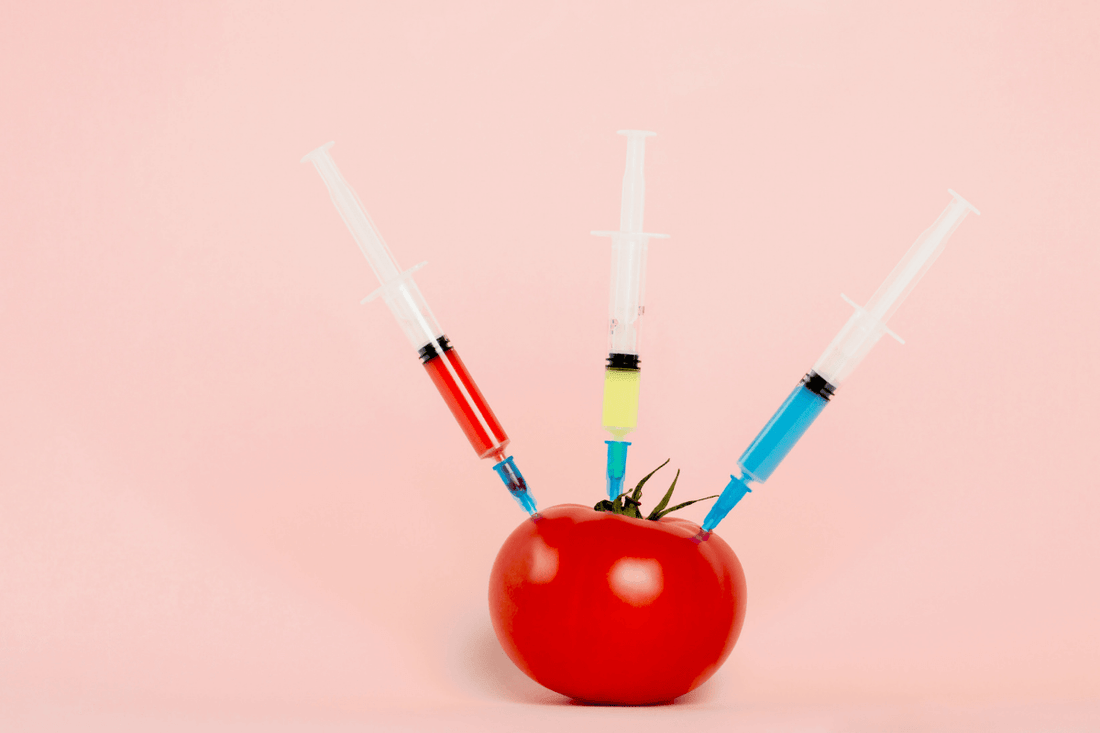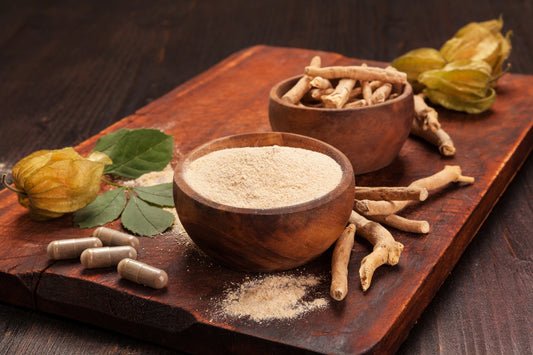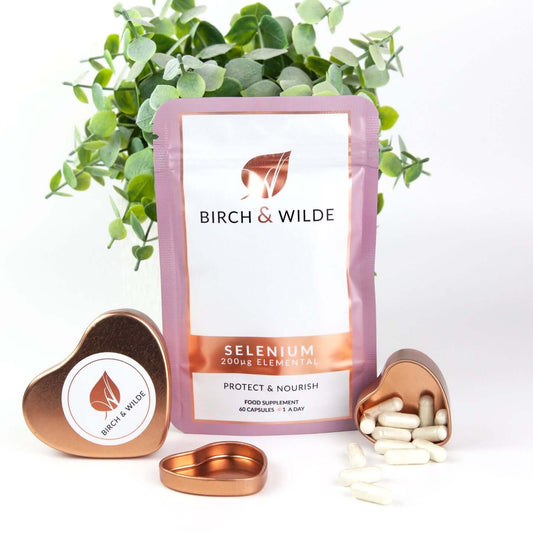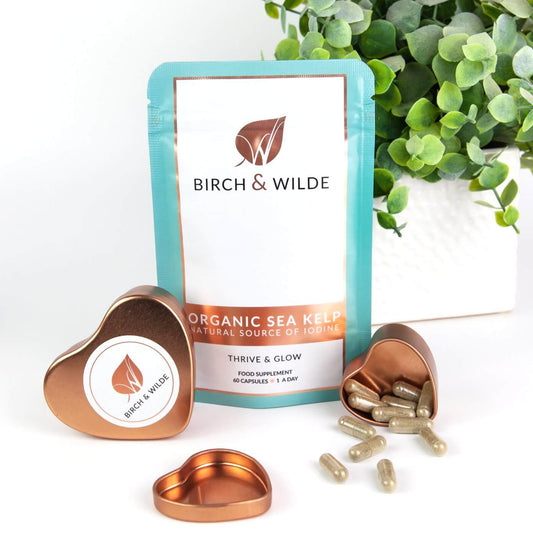The daily nutrients missing from your diet

The modern diet is drastically different to that of the standard diet 100 years ago. We are not growing, cooking and eating in the same way our great-grandparents did and our health is suffering because of it.
Toxin exposure
Our great grandparents from over 100 years ago would have grown a large proportion of food themselves, or bought it from the local market which came from local farms. The food was fresh and nutritious. Most foods were organic, with pesticides not really being used in England until the 1900s.
Nothing processed
Although some food processing was done such as the refining of sugars and the milling of flours, our ancestors did not have the processed foods and additives that we have today. Foods such as breads and cakes would either be made at home or by a local bakery and would contain fresh ingredients with minimal additives if any at all.
Naturally fed animals
Milk and eggs were also locally sourced, and the cows and hens were fed a natural diet which increased the omega 3 content of milk and eggs. Many meats were hunted or trapped, meaning the natural omega 3 content of the meat was higher from their natural diet. It is the modern animal feed which increases the level of omega 6 fats in meats.
Very few additives
The availability of additives and preservatives was miniscule compared to what we have now. Many modern foods have additives or are packed with gasses to keep them fresh. We also have synthetic chemicals to enhance taste and enjoyment of foods, some of which are toxic, and are linked to several chronic diseases.
Eating with the seasons
Our ancestors also ate with the seasons and what was locally available. Exotic fruits were reserved for the upper class, and everyone else had what the seasons brought. Native English foods are typically low in sugars and change to provide what our body needs during each season.
Our fruits would consist of apples, pears, berries and cherries, all of which are fairly low in sugars. These fruits were also mostly available in the hot months when we have a slightly increased need for sugars. The vegetables consumed would also reflect seasonal needs. Leafy salads would grow in the hot months, and warming, starchy vegetables became available in the autumn and winter.
In modern diets however, everything is available all of the time and what we consume does not necessary reflect our seasonal nutritional needs.
So what don’t we get from our modern diets that we really need?
Enough omega 3 fats
The omega 3 content of our modern diets is typically very low. Omega 3 ideally needs to be consumed in balance with omega 6 in a ratio of 1:2 Some modern diets however have a ration of 1:15! Most of the farmed meat we consumed is grain fed which increases its omega 6 content. Making an effort to consume more fish, grass fed meats, flax and chia seeds will help to correct your ratio of these fats.
Enough fibre
Unfortunately most modern diets contain some refined ‘white’ grains such as white rice, white bread and white pasta. These foods rob the body of the fibre it needs to keep the gut in top health, as well as many other nutrients that are removed during the refining process. If you are not having a bowel movement after each meal, you need to increase your fibre intake.
Enough magnesium
Magnesium is found in green leafy vegetables and wholegrains – something our great grandparents used to eat a lot. If you are not consuming at least 1 portion of green leafy vegetables and 2-3 portions of whole grains per day, you probably do not consume enough magnesium.
Vitamin A
Vitamin A comes from foods such as egg yolks and liver, and also is converted from beta carotene found in orange-coloured vegetables. 100 years ago, eggs were a stable, as well as offal including liver. The beta carotene concentration in vegetables was also higher than it is now leading to a higher rate of vitamin A production in the body. Include at least 1 portion of orange of yellow fruit and veg per day and make eggs a regular food. For those of you who are not apposed to offal, organic liver twice a month with provide plenty of vitamin A.






















